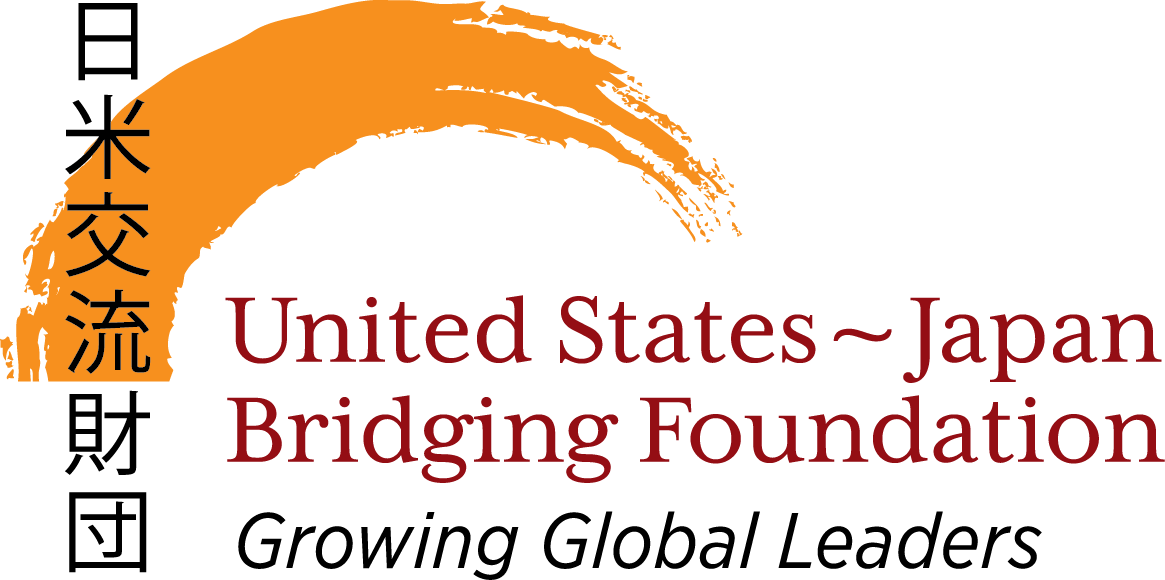Student Story: Adrian Rodriguez
Here's an excerpt from SUNY Oneonta student and Bridging scholar Adrian Rodriguez's essay on his time studying abroad in Japan. Adrian attended Seinan Gakuin University in Fukuoka all of last school year.
"When studying abroad, it is easy to fall into the trap of accepting your place as an outsider of the culture, taking the easy route, and allowing the experience to become more of an extended vacation. This was especially apparent in a homogeneous society like Japan. As I learned more about the nature of Japanese society, my perspective on the situation changed. What my own pride and self-consciousness interpreted as coddling was an expression of a facet of Japanese social behaviour: the practice of thinking of the needs of others and putting them before one's own interests. Still, whether a matter of pride or stubbornness, I found myself eager to reduce this distance I felt as a foreigner through increasing my cultural understanding and language proficiency.
Prior to studying abroad, I never had formal class instruction in Japanese, and what I had learned was through independent studying. As a result, while my reading and writing skills were rather strong, I knew I was weak in regards to listening comprehension and speaking ability. In order to assess our Japanese skills coming into the program, we all took an old version of the level 3 JLPT examination which, to my chagrin, began with the listening portion of the exam. To be honest, everything after the first question of the tape flew straight over my head. Disheartened, I regained some confidence while going through the written portion of the exam. I was certain that I was to be placed in the pre-intermediate level class, but to my surprise I found myself placed into the intermediate level instead. And while I did very well in the kanji-focused course, I struggled at times with my other language weaknesses. The entire semester continued in this manner, and it was almost as if a physical wall was cutting me off from a higher level of comprehension and capability. Once the fall semester concluded and the majority of the dormitory left to either travel Japan further or return home for the holidays, I was mentally exhausted from my studies. Putting studying on hold, I relaxed as well as I could and appreciated the opportunity to just enjoy the company of the close-knit family that I found myself a part of.
Once the spring semester began, I made the decision to drop down into the lower level Japanese class. I knew that if I intended to actually develop stronger language skills, I would need to review and cement the basic knowledge and skills that I missed studying independently. The dreadful feeling of trying to stay afloat disappeared and I did better in my new classes and continued to study outside of the classroom, though less religiously. It was perhaps two or three weeks into the new semester, and I was sitting in a Japanese psychology lecture where the instructor spoke in Japanese and his interpreter explained in English. Even though the beautiful spring weather unevenly divided my attention from the lecture, it was like all of a sudden, something just clicked. I realized that I was understanding, not the interpreter, but my professor. Although I would say my understanding was around fifty-to-sixty percent of what he was saying at the time, and this amount might seem lacking to some, for me it was really something. I sat through the rest of the lecture fighting to shake the accomplishment-born smile on my face.
I thought before coming to Japan that the highlights of my experience would be the spectacles you often hear about: climbing to the peak of the mountains, exploring the ancient grounds of Kyoto or some other fascinating tale I could relate to my friends and family. While those are all great memories, it was the little things, like successfully communicating with fellow Japanese students, or finding my way through the city relying on Kanji-ridden signs and maps, that made my experience worthwhile. The fact of the matter is that you don't come back from studying abroad a changed person, better than when you left, like I had pictured. What you can come back with is perspective. Perspective about the choices you make, and how they define you. "
